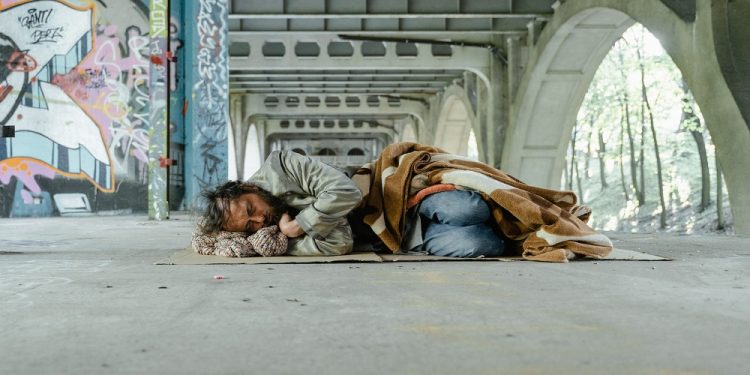
War On Poverty Day
January 8th is observed every year in the U.S. as War on Poverty Day. This holiday commemorates and reflects on the impact that the legislation introduced by U.S. President Lyndon B. Johnson in 1964 had on American society.
This piece of legislation was introduced in response to a poverty rate of around 19% in the U.S. and attempted to address the problems of economic inequality through a variety of health, education, anti-poverty, and employment initiatives.
This social welfare legislation was part of a larger legislative reform program that Johnson hoped would make the U.S. a more just and equitable country.
The History of War on Poverty Day
As part of the Great Society, U.S. President Johnson believed in expanding the government’s role in health care and education. He saw both of these as poverty reduction strategies and as a continuation of FDR’s New Deal. The stated goal of Johnson’s platform was not only to cure the symptom of poverty but also to eradicate it and prevent it from happening.
Conservatives heavily criticized the War on Poverty as being only an idealistic touchstone of liberals, while liberals felt that the initiatives didn’t go far enough with proposed reforms. On January 8th, 1964, President Johnson proposed a war on poverty through his State of the Union Address. Shortly after this address, major initiatives were created.
The centerpiece of the War on Poverty was the Economic Opportunity Act of August 1964. This created the Job Corps, Volunteers in Service to America (VISTA), and the Community Action Program. On August 31, 1964, the Food Stamp Act of 1964 went into effect. On April 11, 1965, the Elementary and Secondary Education Act was enacted. And on July 30, 1965, the Social Security Act of 1965 was implemented.
Observing War on Poverty Day
One way that Americans can observe this holiday is by learning more about the War on Poverty and its impact on society. It laid the foundation of the modern-day social safety net and has reduced poverty rates in the U.S. to their lowest levels since 1958. The U.S. went from a Federal Poverty Rate of 19% down to 11.1% in 1973. Ever since then, the poverty rate has hovered somewhere between 11% and 15.2%.
Another way to observe this holiday is for Americans to take action and encourage their elected officials to expand the safety net and to pass reforms that work towards a more equitable and just society. The U.S. has made progress on some issues, but it continues to fail its citizens on other issues. If all Americans work together, they can really make a difference for their fellow citizens.








